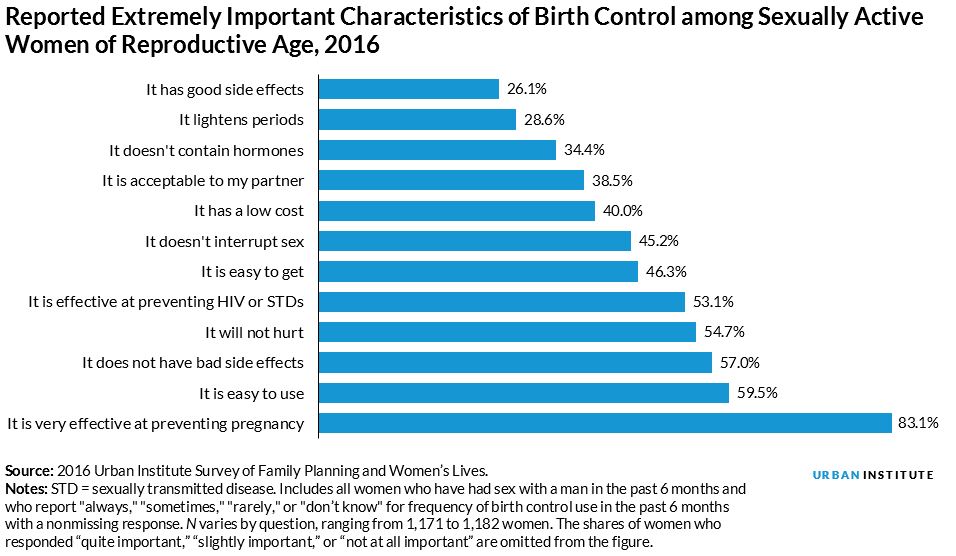Resistance Mounts: Car Dealerships Push Back On Electric Vehicle Regulations

Table of Contents
Financial Burden of EV Infrastructure and Training
Dealerships cite the substantial financial burden of adapting to the EV market as a primary reason for their resistance to EV mandates. This includes significant upfront investment and ongoing operational changes. The costs associated with transitioning to an EV-centric business model are considerable.
-
High upfront costs for installing EV charging stations and upgrading their facilities: Many dealerships require extensive renovations to accommodate EV charging infrastructure, including electrical upgrades, specialized charging equipment, and potentially even new building structures. These costs can run into the tens or even hundreds of thousands of dollars, depending on the size and location of the dealership.
-
The need for specialized training for sales staff to effectively market and service EVs: Selling and servicing EVs requires a different skillset than traditional gasoline-powered vehicles. Dealerships need to invest in training programs to equip their staff with the knowledge to explain EV technology, address consumer concerns about range anxiety and charging, and handle the unique maintenance requirements of electric vehicles. This represents a significant investment in human capital.
-
Uncertainty surrounding return on investment for EV-related infrastructure upgrades: The long-term profitability of these investments remains unclear, especially given uncertainties surrounding consumer demand and the pace of EV adoption. Dealerships face the risk of substantial financial losses if their investments in EV infrastructure fail to generate sufficient returns.
The significant capital expenditure required might force smaller dealerships out of business or create financial strain, potentially slowing down the overall adoption of EVs. This financial burden is a major factor driving the pushback against stricter EV mandates.
Concerns Regarding Consumer Demand and Market Readiness
Dealerships also argue that the current market isn't fully prepared for a widespread EV transition. They highlight several key concerns about consumer readiness and existing market realities.
-
Consumer hesitancy due to factors like range anxiety and limited charging infrastructure: Many consumers remain hesitant to adopt EVs due to concerns about limited driving range and the availability of public charging stations. The lack of widespread, reliable charging infrastructure is a significant barrier to EV adoption.
-
The higher initial purchase price of EVs compared to gasoline-powered vehicles: The upfront cost of EVs remains a significant barrier for many potential buyers. While the long-term running costs might be lower, the higher initial price tag deters some consumers.
-
Lack of consumer awareness regarding government incentives and EV technology: Many consumers remain unaware of the various government incentives and rebates available for purchasing EVs. Furthermore, a lack of understanding of EV technology and its benefits further inhibits adoption.
Dealerships believe that a more gradual transition, allowing time for consumer acceptance and infrastructure development, would be more effective. Addressing these consumer concerns is crucial for ensuring the successful transition to electric vehicles.
The Impact on Existing Inventory and Sales Strategies
The rapid shift to EVs presents significant challenges to dealerships' established inventory management and sales strategies. Adapting to this new market requires significant adjustments.
-
The need to manage both gasoline and electric vehicle inventories simultaneously: Dealerships now have to manage two distinct types of vehicle inventory, requiring adjustments to storage, logistics, and sales processes.
-
Adjusting sales strategies to cater to the different needs and expectations of EV buyers: Selling EVs requires a different approach than selling traditional vehicles, requiring staff training on EV technology and addressing specific consumer concerns.
-
Potential losses on unsold gasoline-powered vehicles as demand declines: As EV adoption increases, the demand for gasoline vehicles is likely to decline, leaving dealerships with potentially unsold inventory and associated losses.
This transition necessitates a significant realignment of resources and a re-evaluation of traditional sales practices. This significant operational disruption is a major source of concern for dealerships.
Lobbying Efforts and Political Pressure
Dealerships are actively engaging in lobbying efforts to influence EV regulations, aiming for a more balanced and gradual approach. This includes collaboration with industry associations and advocacy groups to voice their concerns and propose alternative solutions. They are using their political influence to advocate for policies that better align with their business realities. This lobbying effort demonstrates the significant level of resistance to rapid EV adoption within the automotive industry.
Conclusion
The resistance from car dealerships to electric vehicle regulations highlights the complex challenges involved in transitioning to a cleaner transportation future. While the need for sustainable transportation is undeniable, the rapid implementation of EV mandates creates considerable financial and logistical hurdles for dealerships, impacting their operations and potentially slowing down overall EV adoption. A balanced approach that considers the concerns of dealerships, while still promoting sustainable goals, is crucial to ensure a smooth and successful transition to electric vehicles. Understanding the concerns surrounding electric vehicle regulations and finding collaborative solutions are essential to achieving widespread EV adoption. The future of the automotive industry depends on finding a path forward that addresses the needs of all stakeholders while accelerating the shift towards a cleaner and more sustainable transportation system. Addressing the concerns surrounding EV mandates is critical for a successful transition to a sustainable transportation future.

Featured Posts
-
 Access To Birth Control The Over The Counter Revolution After Roe
May 23, 2025
Access To Birth Control The Over The Counter Revolution After Roe
May 23, 2025 -
 From Bishop To Viral Tik Tok A Womans Unexpected Story With Pope Leo
May 23, 2025
From Bishop To Viral Tik Tok A Womans Unexpected Story With Pope Leo
May 23, 2025 -
 Find The Answers Nyt Mini Crossword For April 8th 2025 Tuesday
May 23, 2025
Find The Answers Nyt Mini Crossword For April 8th 2025 Tuesday
May 23, 2025 -
 The Potential Of Orbital Space Crystals In Drug Research
May 23, 2025
The Potential Of Orbital Space Crystals In Drug Research
May 23, 2025 -
 Freddie Flintoffs Top Gear Crash One Month Of Recovery At Home
May 23, 2025
Freddie Flintoffs Top Gear Crash One Month Of Recovery At Home
May 23, 2025
Latest Posts
-
 Death Of Shop Owner In Nightcliff Darwin Teenager Charged
May 24, 2025
Death Of Shop Owner In Nightcliff Darwin Teenager Charged
May 24, 2025 -
 Teenager Arrested Following Fatal Nightcliff Shop Robbery In Darwin
May 24, 2025
Teenager Arrested Following Fatal Nightcliff Shop Robbery In Darwin
May 24, 2025 -
 Darwin Shop Owner Stabbed To Death Teenager In Custody
May 24, 2025
Darwin Shop Owner Stabbed To Death Teenager In Custody
May 24, 2025 -
 Khto Peremozhe Na Yevrobachenni 2025 Prognoz Konchiti Vurst
May 24, 2025
Khto Peremozhe Na Yevrobachenni 2025 Prognoz Konchiti Vurst
May 24, 2025 -
 Nightcliff Robbery Teenager Arrested In Darwin Shop Owners Death
May 24, 2025
Nightcliff Robbery Teenager Arrested In Darwin Shop Owners Death
May 24, 2025
